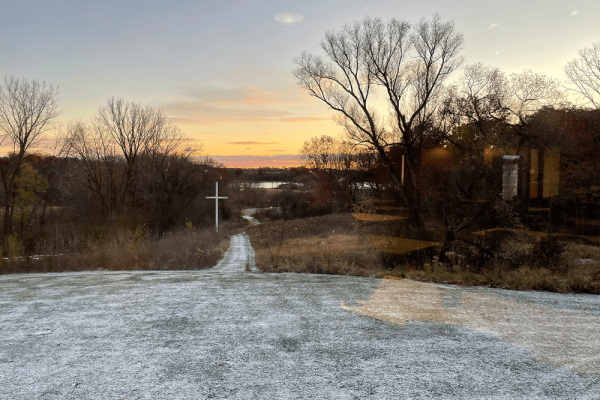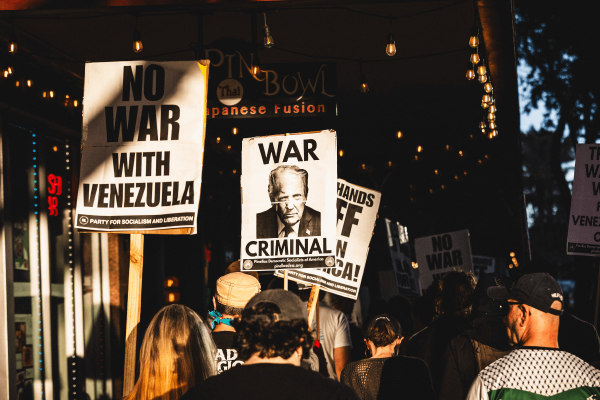Good Friday and Easter Sunday are not just moments of remembering events of 2,000 years ago but a celebration of an ongoing reality.
Examples of resurrection come in unlikely places. Recently, I found one in a 2013 study of brain scans or people recovering from severe addictions.
The study followed a group of people who had suffered from a cocaine addiction. As has been well documented, extended addictions slowly reduce the amount of gray matter in the brain. This gray matter is responsible for higher-level reason and self-control. This means that addiction begins to deteriorate the parts of the brain that can most help with recovery.
But this study found some signs of hope: Within a few months of sobriety, the gray matter began to return in the brains of those who had been addicted. Within six to 12 months, the gray matter had returned to baseline levels and was about the same as those who had never been addicted. But soon after that is when the most amazing thing happened: Those areas began to form an even greater level of density than for those who had never used cocaine.
Resurrection is not just a promise that things can return to the way things were before but that new life, something even better than before, is possible.
Wendell Berry reminds us in his poem “The Mad Farmer Liberation Front” that we should not just believe in resurrection but practice it. We can put our faith in the fact that we know that death is not the end. But this is a reality we can’t just be spectators of but participants in.
Over 70,000 people died last year from accidental overdoses. That is more than every American who died in the Vietnam War and the Korean War combined. These numbers are continuing to climb with estimates that another 500,000 could die in the next decade if we don’t change course.
But every day across this country, people are recovering from their opioid addictions. I’m one of them.
Almost 10 years ago, I developed an opioid addiction after months in the hospital. It was not the end, and it wasn’t just by my own strength or will that I recovered. It was what I had been given and the grace I received that brought me through. The path through my own struggle was not just about leaving the pain medicine behind but one of becoming more fully human.
My hope and prayer is that all of those who have made it through into recovery are not just finding abstinence from their addiction, but a new life that is greater than they ever knew before.
This Easter season, please pray for all those who have lost loved ones to overdoses that they might be comforted.
Pray for those who have lost loved ones to the shame that is our War on Drugs and mass incarceration.
Pray for those who struggle with addiction to drugs and alcohol (and those that love someone who do) that they might find freedom from their pain and the promise of new life.
Pray for our first responders and medical staff as they try and show compassion and understanding to those caught in the cycle of addiction.
Pray for our political leaders that they would make policy choices out of hope and restoration and not fear and retribution.
Pray that all of us might see the ways that our lives are caught in cycles of addiction.
Pray that we may know that it is in our weakness we are made strong. It is in death that we find new life. And that we can all move from the bondage of addiction to the freedom that comes after and beyond the grave.
Resurrection is the hope that we can know more deeply every day that we participate in its reality.
Got something to say about what you're reading? We value your feedback!






